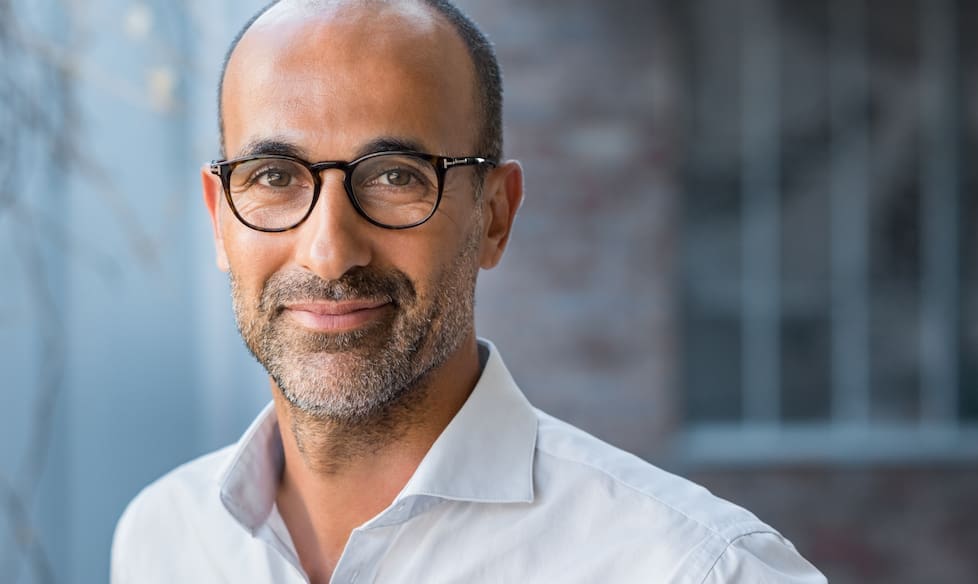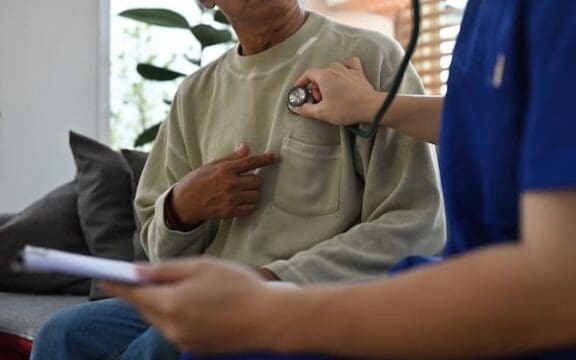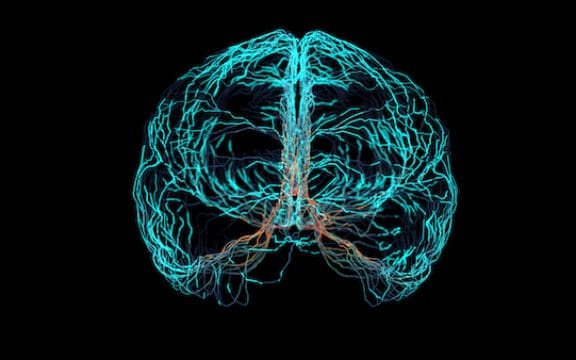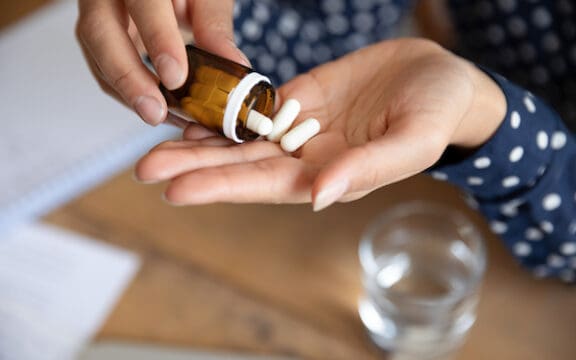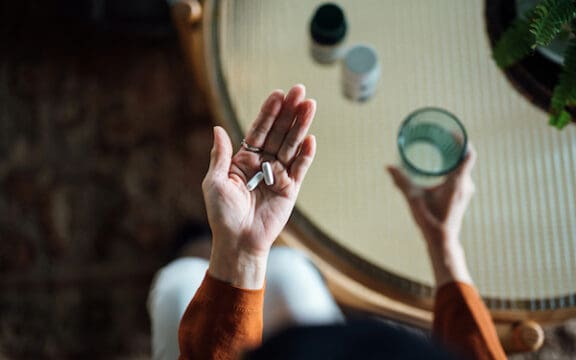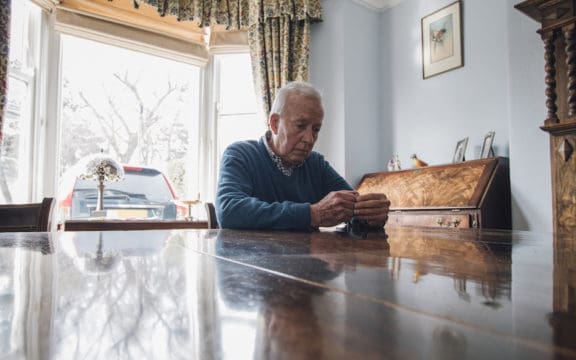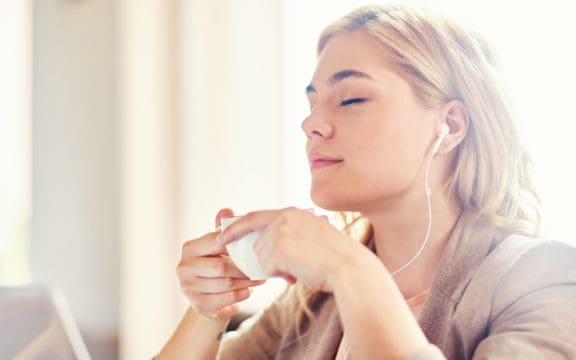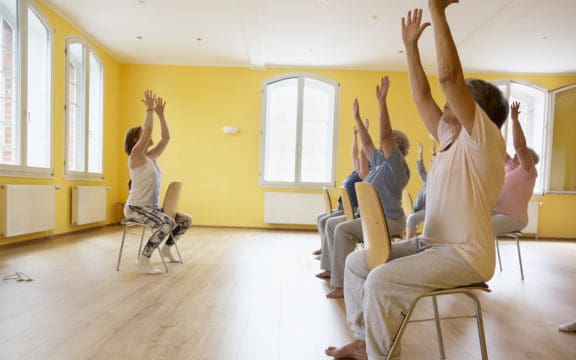Despite the fact that there are many forms of natural depression treatment in NYC today, most doctors usually recommend psychotherapy, medication, or a combination of the two to treat anxiety and depression. While therapy and antidepressants work for many patients, there are many other ways you can support your mental health.
With advances in technology, you now have options such as transcranial magnetic stimulation (TMS) or mental health apps on your phone. There are also small changes you can make in your daily life to improve your mental health to support your natural depression treatment.
Depression Treatment in NYC with Mental Health Apps
Mental health apps introduce a modern form of journaling your emotions, behaviors, and symptoms. Tracking patterns and potential triggers on a consistent basis can provide important insight into your condition and will be able to help you and a therapist or doctor manage your mental illness. Mental health apps can be a convenient and easy-to-use depression treatment in NYC.
Mental health professionals do not foresee mental health apps replacing traditional therapy any time soon. However, mental health apps have the capacity to offer impactful supportive care, especially when used in tandem with other treatments. In addition to being used to supplement or support other treatment methods, mental health apps can be a good stop-gap solution when a patient is switching providers or otherwise is unable to access traditional therapy.
While Mid City TMS does not officially endorse any of the apps below, the Anxiety and Depression Association of America (ADAA) has reviewed a variety of apps designed to help with depression including:
- MoodKit – Developed by two clinical psychologists, Moodkit is based on the principles and techniques of Cognitive Behavior Therapy, an extremely effective and scientifically-supported method of psychotherapy. Users can track their moods and learn skills including self-monitoring, identifying and changing unhealthy thought patterns, and engaging in mood-enhancing behaviors.
- Headspace – Headspace is targeted at anyone who wants to learn about meditation that reduces anxiety and improves their mood. The app focuses on skills such as mindfulness and cognitive diffusion, breathing exercises, meditation practices, tips for increased relaxation, and concentration. The developers (a former Buddhist monk and marketing developer) intended for it to be used for anxiety and depressive disorders.
- MoodTools – Designed by Duke University students specifically for combatting depression and alleviating negative moods, the free app, MoodTools, enables users to track and improve their mood through a thought diary, take a PHQ-9 depression questionnaire, and develop a suicide safety plan. The app also offers a selection of energizing activities, and self-help guidelines to help aid you in your road to recovery.
Mental health apps are useful solutions to many different scenarios. Many therapists, for example, have extensive waiting lists. If you are waitlisted to see a therapist, a mental health app could be a useful stopgap and help you cultivate skills and habits that might be useful in therapy. Apps can also provide services that patients might otherwise not find access to due to cost, geographic location, lack of transportation, physical disability, or mental illness that prevents traveling to and from a therapist’s office.
Exercising as a Depression Treatment
In a city with as much hustle as New York, a lot of people get caught up in professional and personal engagements and forget to take care of their bodies. Exercising boosts endorphins, which can give you the feeling of a “runner’s high,” or a brief rush of energy and good feelings. In addition to this short-term effect, exercising regularly can be a major part of natural depression treatment in NYC. Additionally, exercising and meeting your fitness goals can help you gain confidence and take your mind off of negative thoughts that are feeding your depression.
Over time, exercise can stimulate the growth of nerve cells in your brain, which can lead to improved function. The resulting nerve cell connections can help relieve depression for many people. If you want to incorporate exercise into your depression treatment in NYC, find a type of exercise that keeps your attention and makes you feel good, whether it’s running, lifting weights, yoga, or just going for a long walk. Set reasonable goals for yourself that will motivate you to keep going. Some additional benefits of exercise include protection against heart disease, improved sleep, and lower blood pressure.
Eating Healthy Is Part of a Natural Depression Treatment Regimen
Your diet can be an important part of natural depression treatment in NYC. Especially if you’re always on the go and don’t have a lot of time to go grocery shopping or cook, your diet could be affecting your mental and physical health. Some studies have found that foods rich in omega-3 fatty acids, probiotics, and vitamin D are beneficial to one’s mental health. While there is no specific food plan that can cure depression, researchers agree that a protein-rich diet with whole grains, plentiful fruits and vegetables, and low sugar content can help you stay healthy and be part of a larger plan for depression treatment in NYC, or wherever you may live.
Natural Depression Treatment Starts with a Regular Sleep Schedule
Many people with depression struggle with over- or under-sleeping.
Keeping a regular sleep schedule is an important part of any comprehensive depression treatment in NYC. Staying up all night and then getting too much sleep the following day can exacerbate the symptoms of depression. Try to set standard times to go to sleep and wake up in the morning and stick to this schedule, especially during the workweek. Most adults feel their best if they get seven or eight hours of sleep each night.
You can also improve your sleep hygiene by establishing a regular routine before bed so that your body knows it’s time to go to sleep. Avoid looking at your phone, computer, or television in bed, as these additional stimuli can make it especially difficult to fall asleep. Studies show that the majority patients with depression suffer from some form of sleep problem, and insomnia and other complications can increase the risk of developing depression.
Try TMS Therapy for Depression Treatment in NYC
Though mental health apps and healthy eating, sleeping, and exercise habits can be a great supplement to professional treatment, they are not intended to be a replacement for treatment nor any sort of medical intervention. A medical procedure such as TMS is a natural depression treatment in NYC for patients who have not found success with other means, including medication. As a non-systemic treatment (one that does not circulate through the bloodstream), TMS offers the possibility of fewer side effects than traditional antidepressants. Normal side effects of antidepressants such as weight gain, sexual dysfunction, nausea, dry mouth, or sedation can be avoided by using TMS therapy as a depression treatment in NYC.
TMS treatment is FDA-approved and involves short, 20- to 40-minute outpatient procedures, where magnetic pulses are used to create electrical currents in the brain. These currents enhance brain function and are targeted toward specific areas of the brain where low activity is causing depression in the patient. Many people choose TMS as a depression treatment in NYC if they are looking for an alternative to antidepressants and electroconvulsive therapy.
If you think you are a good candidate for TMS, contact Mid City TMS today. Here at Mid City TMS, we work hard to provide you with quality treatment to bring you peace of mind and help you manage your depression. As pioneers of transcranial magnetic stimulation since 2009, the doctors at Mid City TMS have been able to make a difference in the lives of thousands. Contact us today for a consultation to see how TMS can be part of your natural depression treatment in NYC.



